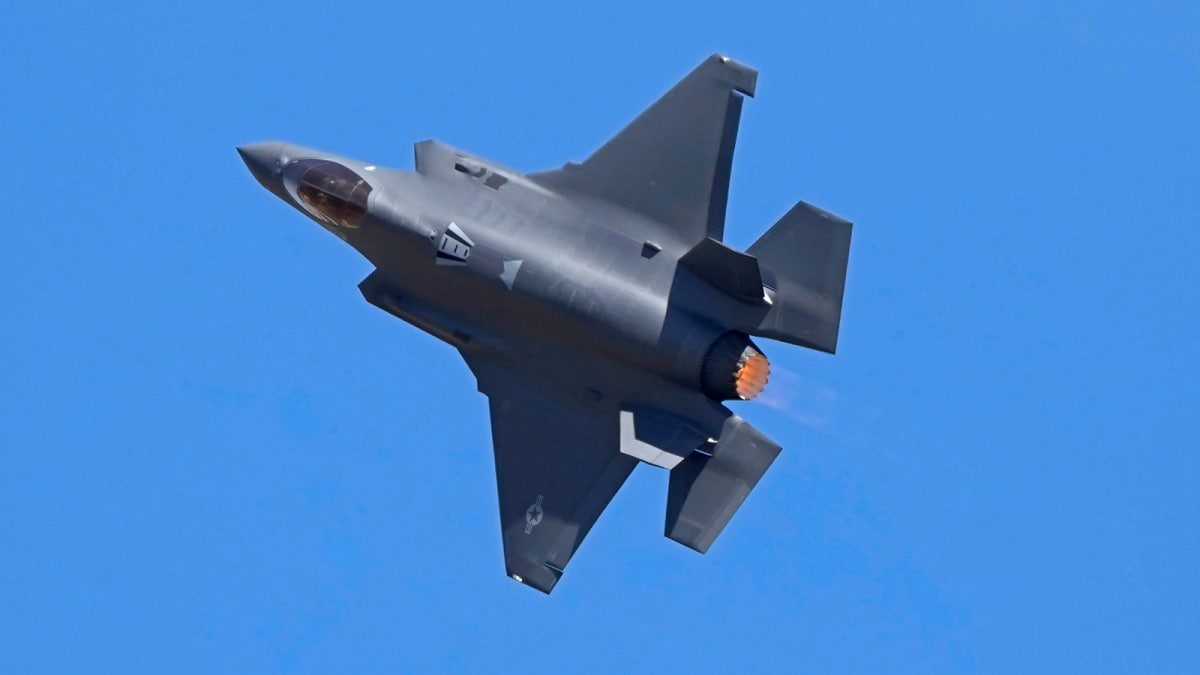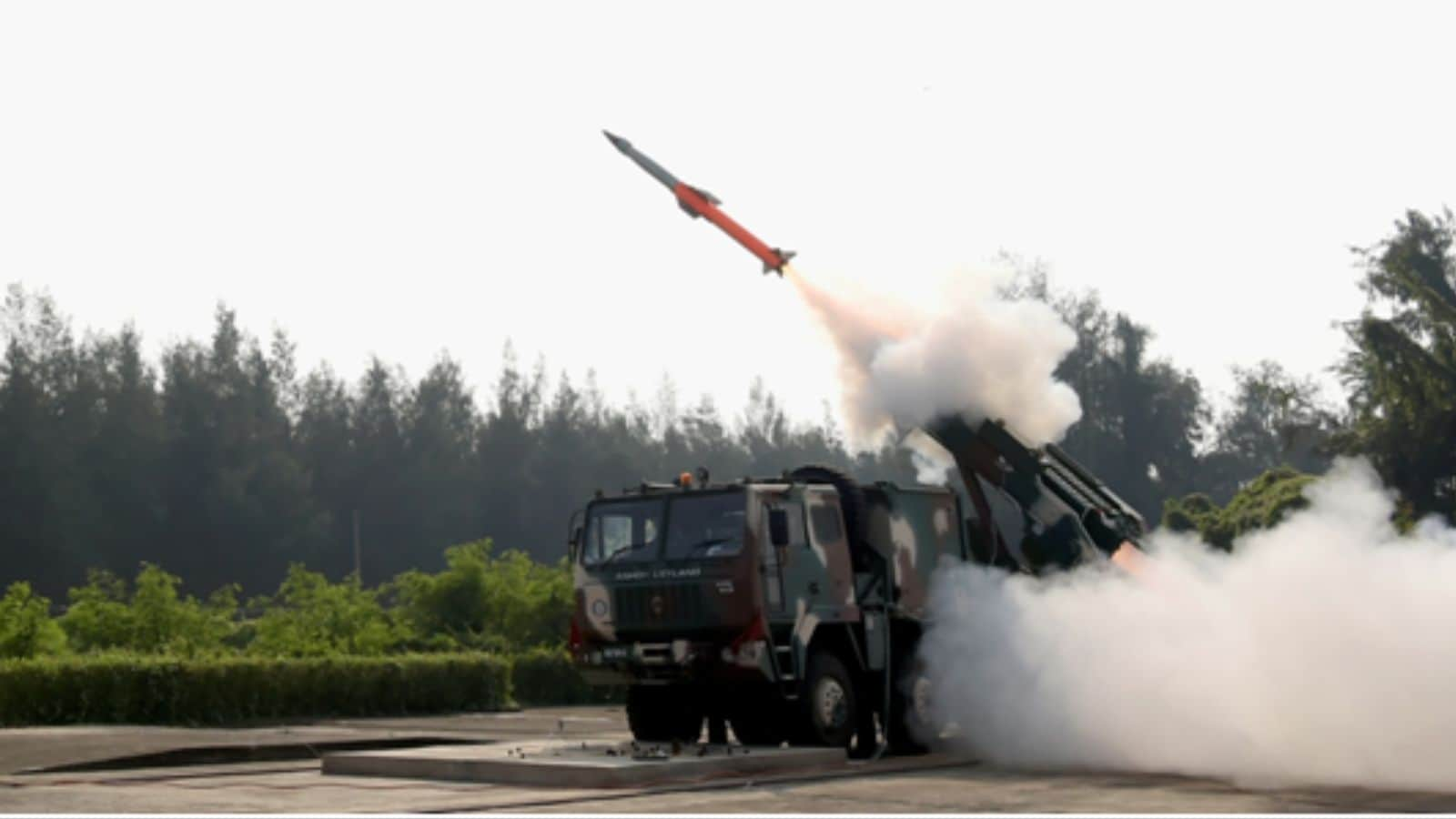M.K. Sanoo, distinguished Malayalam critic, biographer, orator, retired professor, and former member of the Kerala Legislative Assembly, died at 5.35 p.m. here on Saturday. Mr. Sanoo had been hospitalised for the past few days due to complications sustained from a fall. He was 97.
He was born on October 27, 1928, to M.C. Kesavan and K.P. Bhavani at Mangalath House in Thumpoly, then part of the erstwhile Travancore Kingdom, now in the Alappuzha district of Kerala.
Growing up during Kerala’s renaissance, in an environment that nurtured curiosity and a passion for learning, left an indelible mark on Mr. Sanoo from a young age. A formative moment came on his tenth birthday, when his father gifted him Twenty-Three Tales by Leo Tolstoy—opening the door to a lifelong engagement with literature. Though, over the years, his reading spanned a wide range of genres and cultures, by his own admission, it was the influential figures of Kumaran Asan and Sree Narayana Guru who shaped his thinking and writing the most.
He became aware of the harsh realities of labour movements and the emerging trade union struggles at a very young age. One of his earliest memories was of a police firing on protesting workers in Alappuzha when he was around seven years old. His autobiography, Karmagathy, in fact, opens with a haunting image: walking past a bloodstain on the road on his way to school the morning after the incident. His literary sensibility emerged rather early. In the eighth standard, when a teacher asked him to write about his future career, he responded by quoting from Kumaran Asan’s celebrated poem Nalini.
Left-backed Independent
Although Mr. Sanoo was later elected to the Kerala Legislative Assembly as a Left-backed Independent, his college days at S.D. College, Alappuzha, saw a run-in with Left student leaders. As the college union chairman, he refused to support a strike organised by the Left on January 26, 1950—the day India was declared a Republic. When the protesters arrived to picket the college, he lay down at the entrance, declaring they would have to walk over him to carry out their demonstration.
Early signs of his teaching abilities and talent for winning over students became evident during his tenure at Sanathana Dharma High School in Alappuzha. The headmaster entrusted him with a class that included three so-called “rogue” students who had previously threatened to stab the school Principal. Yet, Mr. Sanoo managed to earn their trust — a success he later attributed to his willingness to acknowledge and accept their humanity.
After four years as a schoolteacher, he joined Sree Narayana College in Kollam in the 1950s. He was later appointed, through the Public Service Commission, as a lecturer in the Malayalam department at Maharaja’s College, Ernakulam. Except for two years, he served at Maharaja’s College until retiring in 1983 as the head of the department.
Oratory skills
Mr. Sanoo was not a trained orator and, in fact, was an accidental choice to deliver a speech in 1947, opposing Travancore Diwan C.P. Ramaswamy Iyer’s decision not to join the Indian Union. The meeting was held at the Thumpoly SNDP shakha to pass a resolution in favour of joining the Indian Union. When his friend originally scheduled to speak failed to turn up, Mr. Sanoo had to fill in.
His emergence as a prolific writer was likewise somewhat accidental — and somewhat linked to his oratory. Mr. Sanoo was invited to speak at a meeting convened by a faction of writers during a time when the Malayalam literary community was sharply divided. His speech so impressed the writer K. Balakrishnan that he urged Mr. Sanoo to submit it in writing, leading to its publication in three episodes. Since then, Mr. Sanoo has authored nearly 50 books and countless articles.
His entry into politics was equally accidental. In 1987, he was approached by the late CPI(M) stalwart E.M.S. Namboodirippad to contest as a Left-backed independent candidate from the Ernakulam Assembly constituency. Initially, Mr. Sanoo declined the offer. However, Mr. Namboodirippad was determined to field him in the UDF stronghold, and as graffiti bearing his name began to appear around the city, Mr. Sanoo eventually relented. He went on to win the election, defeating the Congress candidate A.L. Jacob by over 10,000 votes.
Since entering politics, Mr. Sanoo became a constant presence in Kerala’s socio-cultural sphere, transcending political divides and engaging with a broad spectrum of organisations. The doors of his home, “Sandhya,” at Karikkamuri Cross Road in Kochi, remained open to people of all ideologies. From presiding over the Purogamana Kala Sahithya Sangam and the Kerala Sahithya Akademi to actively supporting the Krishna Iyer Movement for the Kochi Cancer Centre, he devoted himself to a wide array of causes.
Among the many positions he held were: chairman of the Board of Studies at Kerala University; Sree Narayana Chair at Mahatma Gandhi University; president of the Purogamana Kala Sahithya Sangham and the Kerala Sahitya Akademi; National Professor under the University Grants Commission; and director of the Sree Narayana Study Centre at Kerala University.
In 2019, Mr. Sanoo courted controversy by resigning as president of the Vayalar Rama Varma Memorial Trust, following the selection of Thilacha Mannil Kalnadayaayi by Ramachandran Puthusserry as the recipient of that year’s award. He argued that V. J. James’s novel Nireeshwaran and Ezhacheri Ramachandran’s poem Elathumbil Vajradaham, both of which were also in contention, had been unjustly overlooked due to extraneous considerations.
Mr. Sanoo is survived by three daughters – Rekha, Geetha, and Seetha - and two sons – Ranjith and Haris. His wife N. Retnamma died on October 17, 2023.



.png)
.png)
.png)
















 8 hours ago
6
8 hours ago
6









 English (US) ·
English (US) ·